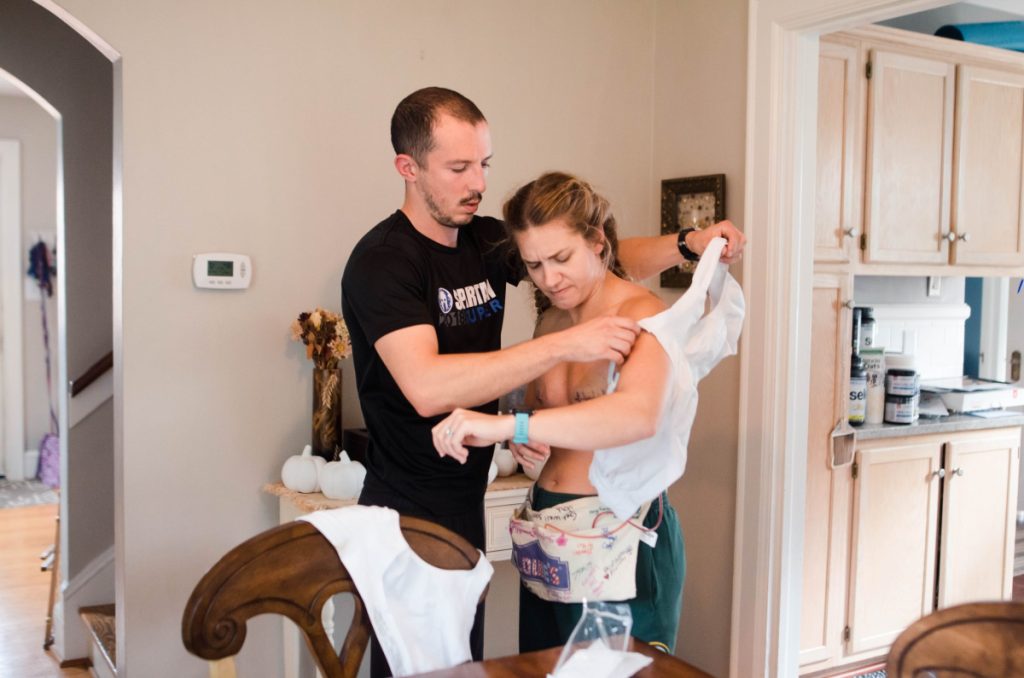
Finding Normalcy: The Vital Role it Plays after a Cancer Diagnosis
Normalcy refers to the state of being normal, usual, typical, or expected. It is often sought after by adolescents and young adults (AYAs) diagnosed with cancer because a diagnosis can greatly disrupt their day-to-day lives and cause significant stress and anxiety.
For adolescents and young adults, normalcy is vital because it provides a sense of stability and predictability in their lives. It helps them feel like they are still in control of their lives and can continue to engage in activities and experiences that are meaningful to them. Normalcy can be particularly critical for young people still developing their sense of identity and independence. Maintaining important relationships and knowing they have loved ones in their corner helps smooth the transition to survivorship and life beyond cancer.
How to provide normalcy
Providing normalcy for an adolescent or young adult who has been diagnosed with cancer can include several things:
Preserving routines that are important to them. This could be something as simple as that Friday pizza and movie hangout that you used to do, or eating a favorite meal (have it delivered if they can’t go out), or a favorite game night.
Allow them to stay engaged in activities and hobbies they enjoy. This could include sports, music, art, or other extracurricular activities. Collaborate with their care team to understand and address any limitations. This will help ensure inclusion in desired activities and enable tailored solutions that either bring the activities directly to them or provide the necessary assistance for participation.
Encouraging them to maintain their relationships with friends and family members. This can be done through regular phone calls, video chats, or visits. Be sure they have the necessary tools to stay connected.
Helping them to stay on track with their education or career plans. This could include working with school administrators or employers to make accommodations for treatments or absences.
Helping them to maintain a sense of independence and autonomy by holding space for them to make decisions about their care and treatment and respecting their choices.
Helping them to find ways to continue to be engaged in their community, for example, by volunteering or participating in support groups for young adults with cancer.
Helping them find ways to cope with the emotional and psychological challenges of a cancer diagnosis, for example, through counseling or support groups.
View this post on Instagram
It is important to remember that every adolescent and young adult will have different needs and preferences when it comes to maintaining normalcy in their lives after a cancer diagnosis. Please be respectful of their wishes and tailor the support accordingly. Needs will change over time, so continue to ask what activities are important to them.
Providing a sense of normalcy for an adolescent or young adult diagnosed with cancer will allow them to maintain a sense of control over their lives, even in the face of a challenging illness. It can help them feel less isolated and alone and provide them with a sense of hope and optimism for the future.
Want more?
- Read Survivorship: Why Your Continued Support Matters
- Watch Unseen Scars: Trauma After Cancer with Melissa Miller
- Download the Supporter Roadmap
- Follow us on Instagram
- Learn more about the b-present Foundation
